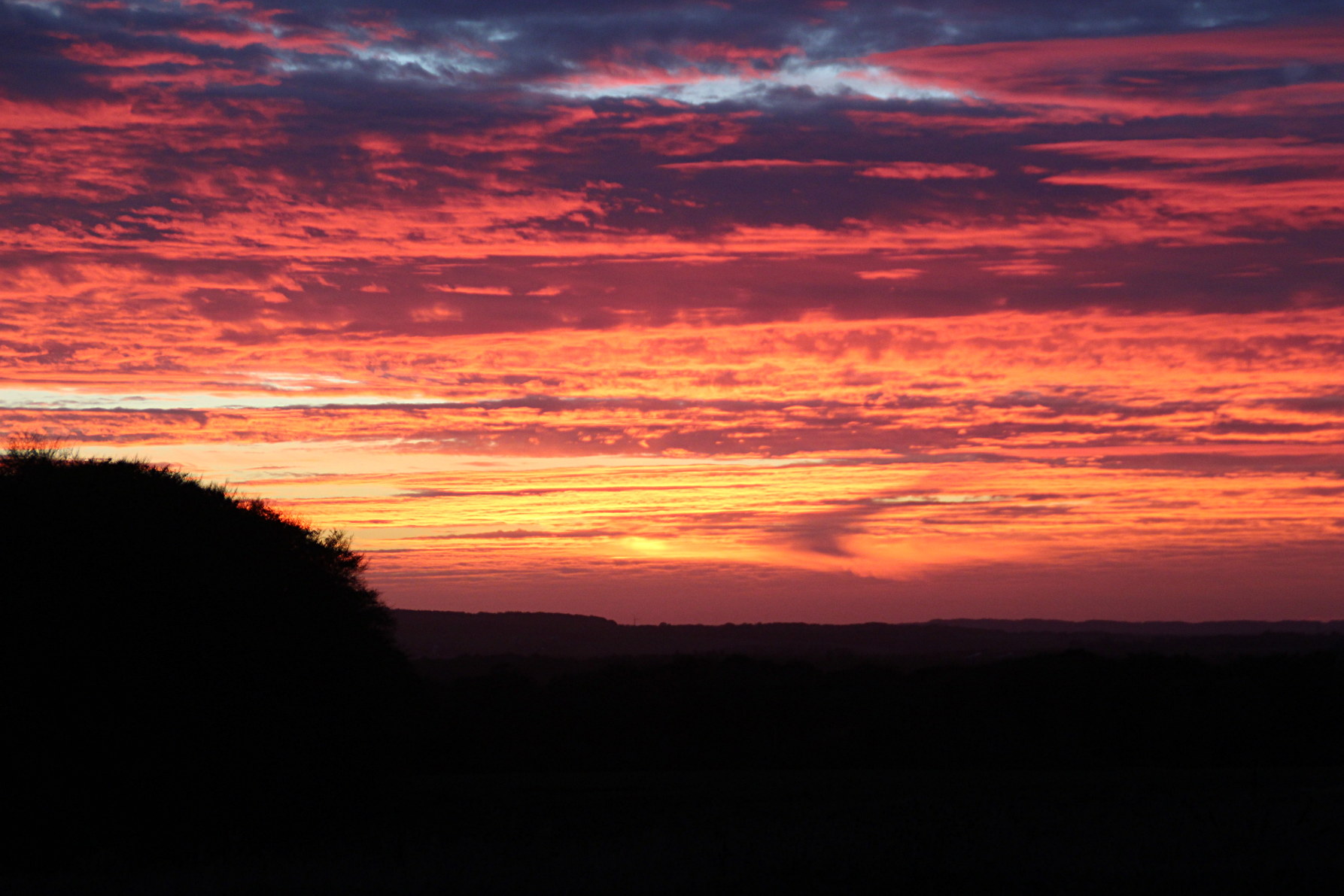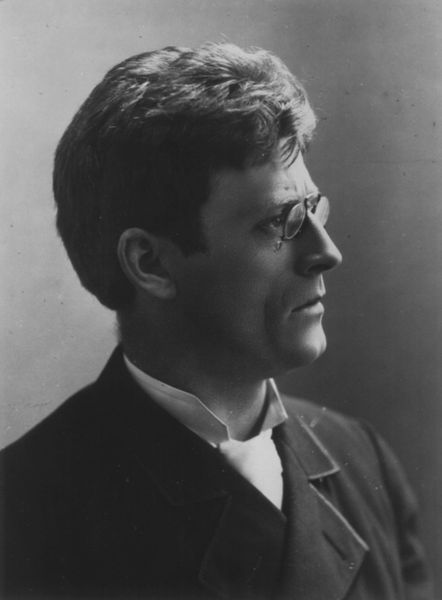Jeg har hørt On Being, et interview program med Krista Tippett, som denne gang talte med Joanna Macy, som på dette tidspunkt – interviewet blev først publiceret i 2010 – var en 81 årige buddhistisk Rilke oversætter og Økologi-aktivist, og som fortælte om hendes liv og om RIlkes digte.
Jeg havde hørt den første time inden jeg skulle sove i går, og hørte resten i dag mens jeg ryddede køkkenet og morgenbordet op og sætte mig bag skrivebordet. Jeg var allerede lidt imponeret af det første del, men blev endnu mere imponeret af det andet.
Rilkes digte, i Joanna Macys oversættelse og læst op af hende, var nemt at forstå, og fuld af mening. Jeg syntes at de var smukt og overraskende fri, tidsløs.
Men apropos: det bliver klart at en oversættelse er en interpretation, lige meget hvor hård man prøver at holde sig til original teksten. Macy’s oversættelser er korter og kraftigt, og som sagt, nemmere at forstå.
Så jeg lytter til buddhistiske tanker, jeg hører Joanna fortælle om at man bliver udkørt af håb, og at at håb derfor ikke er noget man skal efterstræbe, og jeg tænker på Stoicisme, som heller ikke mener at håb er noget man burde have, fordi håb er forbundet med fremtid, og man ved ikke hvad der sker i fremtiden, så chancen for at man bliver skuffet er stor. Man kan ønske, men man burde ikke håbe.
Joanne talte også meget om at ting er inhærent, livet er fuld af gode og dårlige ting (se digtet herunder af Rilke: “God speaks to each of us as he makes us”), og at de er allesammen sandt, en del af alt som er. Der findes ikke et rent paradis på jorden, der er liv på jorden, vi er liv, og livet er fuld af gode og dårlige ting, glæde, sorg, vrede, angst. At acceptere det, og give slip, er meningen med livet, det er kunsten. Rilke forstod det åbenbart, da han for eksempel skrev om at hans mørke skulle være et klokketårn, og han klokken. (Se digtet nedenunder Let This Darkness Be a Bell Tower.) En fantastisk tanke, aktiv, trodsig. Mørket er en del af livet.
Her er Joanne Macy som læser digtet “God speaks to each of us as he makes us” i hendes egen oversættelse – med en introduktion af Krista Tippet:
Her er original versionen:
Gott spricht zu jedem nur, eh er ihn macht
Gott spricht zu jedem nur, eh er ihn macht,
dann geht er schweigend mit ihm aus der Nacht.
Aber die Worte, eh jeder beginnt,
diese wolkigen Worte, sind:
Von deinen Sinnen hinausgesandt,
geh bis an deiner Sehnsucht Rand;
gieb mir Gewand.
Hinter den Dingen wachse als Brand,
dass ihre Schatten, ausgespannt,
immer mich ganz bedecken.
Lass dir Alles geschehn: Schönheit und Schrecken.
Man muss nur gehn: Kein Gefühl ist das fernste.
Lass dich von mir nicht trennen.
Nah ist das Land,
das sie das Leben nennen.
Du wirst es erkennen
an seinem Ernste.
Gieb mir die Hand.
(fra http://rainer-maria-rilke.de/)
Her er Joanna Macy som læser “Let the Darkness be a Bell Tower” i hendes oversættelse:
Og orginalteksten:
Stiller Freund der vielen Fernen, fühle,
wie dein Atem noch den Raum vermehrt.
Im Gebälk der finstern Glockenstühle
laß dich läuten. Das, was an dir zehrt,
wird ein Starkes über dieser Nahrung.
Geh in der Verwandlung aus und ein.
Was ist deine leidendste Erfahrung?
Ist dir Trinken bitter, werde Wein.
Sei in dieser Nacht aus Übermaß
Zauberkraft am Kreuzweg deiner Sinne,
ihrer seltsamen Begegnung Sinn.
Und wenn dich das Irdische vergaß,
zu der stillen Erde sag: Ich rinne.
Zu dem raschen Wasser sprich: Ich bin.
Aus: Die Sonette an Orpheus, Zweiter Teil
(fra http://rilke.de/)


